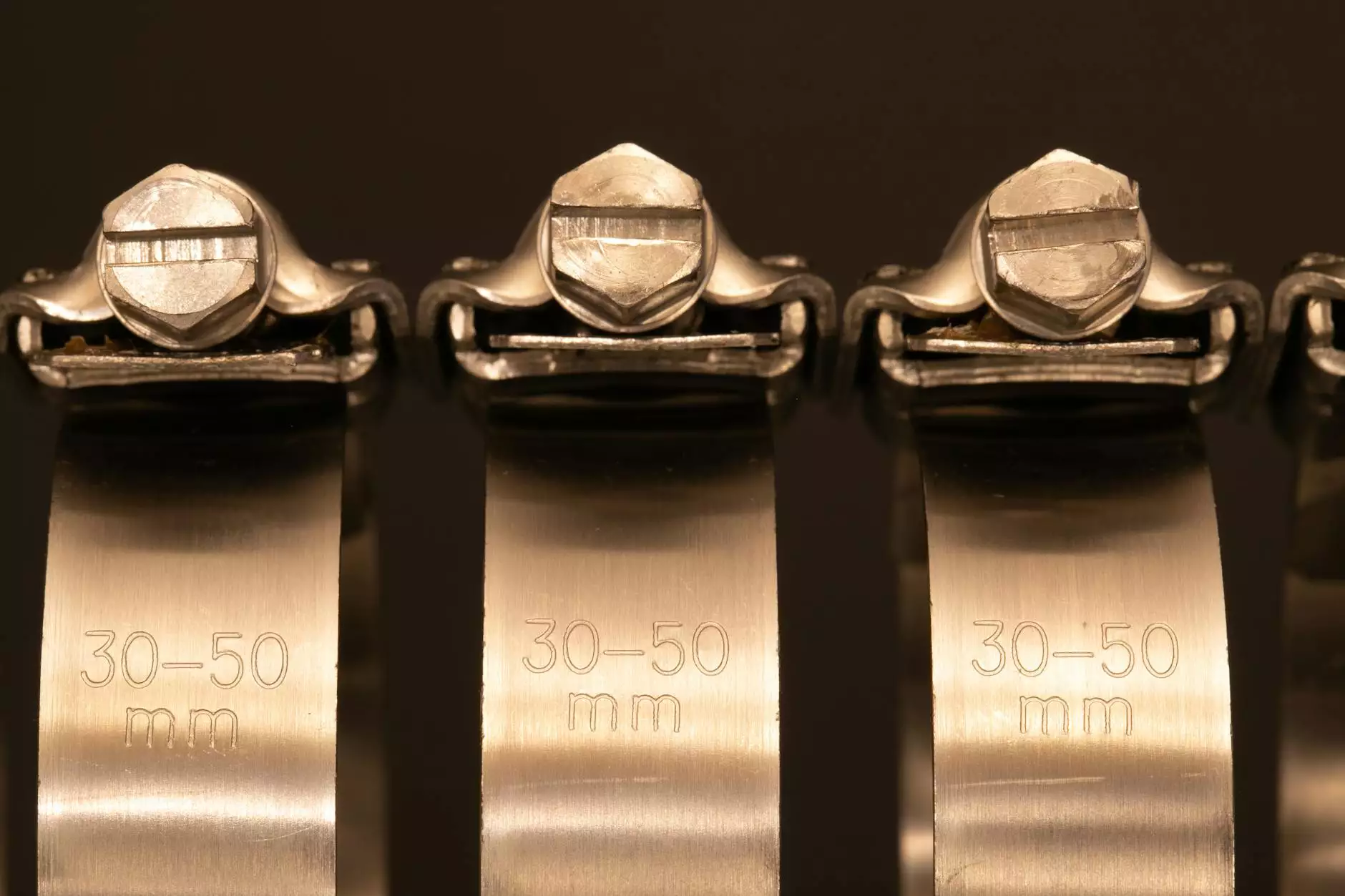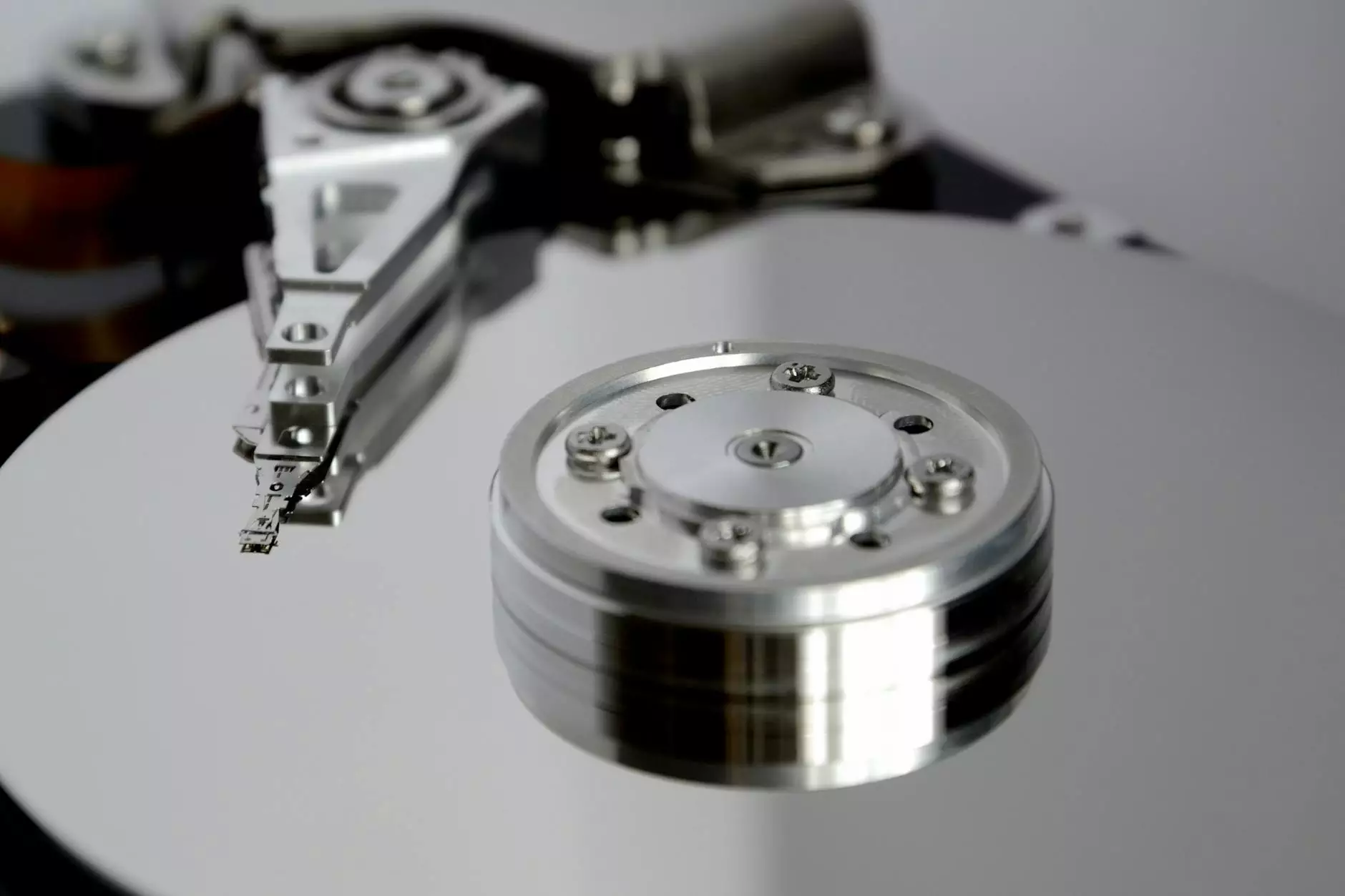Understanding Dehumidifiers: Essential Home Devices for Optimal Comfort

In today’s world, ensuring a comfortable living environment goes beyond just maintaining the right temperature. One crucial element that often gets overlooked is moisture control. High humidity levels can lead to numerous problems in your home, including mold growth, dust mites, and overall discomfort. This is where dehumidifiers come into play. They are devices designed to reduce and maintain the level of humidity in the air. This article will delve comprehensively into the world of dehumidifiers, detailing their importance, benefits, types, and purchasing tips, ultimately making a case for why every home should consider investing in one.
1. The Importance of Dehumidifiers
Understanding why dehumidifiers are essential requires a deeper look into the impact of humidity on our daily lives. Here are several key reasons why maintaining optimal humidity levels is critical:
- Health Benefits: High humidity provides an ideal environment for mold and mildew to thrive, which can cause allergic reactions and respiratory issues.
- Improved Air Quality: Removing excess moisture can lead to fresher air quality, enhancing overall well-being.
- Comfortable Living Conditions: High humidity can make temperatures feel warmer than they are. A dehumidifier can improve comfort levels significantly.
- Protection of Belongings: Excessive moisture can damage wood furniture, electronics, and fabrics. A dehumidifier helps keep your belongings in good condition.
2. How Dehumidifiers Work
Dehumidifiers operate using various methods to extract moisture from the air. Here’s a breakdown of how they function:
2.1 Refrigerant Models
These are the most common type of dehumidifiers. They work by cooling coils, which condense moisture from the air, collecting it in a reservoir, or draining it out. This process is similar to an air conditioner but focuses strictly on humidity control.
2.2 Desiccant Models
Desiccant dehumidifiers use hydrophilic materials (like silica gel) to absorb moisture without the need for a compressor. They are typically quieter and operate better in cooler temperatures, making them ideal for areas like basements.
2.3 Warm Air Models
These models use heat to dry the air before releasing it back into the room. They are effective in low-humidity environments or situations where some warmth assists in drying damp areas faster.
3. The Benefits of Using Dehumidifiers
Investing in a dehumidifier can offer multiple advantages for homeowners. Here are the primary benefits:
- Mold Prevention: By keeping humidity levels below 60%, you can significantly reduce the risk of mold growth.
- Health Improvement: Reducing moisture in the air can alleviate asthma and allergy symptoms, providing a healthier living environment.
- Enhanced Comfort: Dehumidifiers help maintain balanced humidity levels, leading to greater comfort even on hot days.
- Energy Efficiency: Lower humidity levels allow air conditioning systems to operate more efficiently, potentially saving on energy bills.
- Odor Control: Excess moisture can lead to musty odors in homes; dehumidifiers can help eliminate these problems.
4. Types of Dehumidifiers
Choosing the right dehumidifier for your needs depends on various factors such as the area size, type of usage, and desired features. Below are the common types:
4.1 Portable Dehumidifiers
Ideal for rooms needing immediate moisture control, these units can be moved from one space to another with ease. They are perfect for apartments or small homes.
4.2 Whole-House Dehumidifiers
For those dealing with chronic humidity issues, investing in a whole-house dehumidifier is wise. These systems integrate with the existing HVAC system to maintain consistent humidity levels throughout the entire house.
4.3 Commercial Dehumidifiers
Used in larger buildings or specific industrial applications, commercial models are built to handle greater moisture loads and usually have more advanced features compared to residential models.
5. Key Features to Look for in a Dehumidifier
When selecting a dehumidifier, consider the following essential features:
- Capacity: Measured in pints per day, capacity determines how much moisture a unit can remove. Choose a capacity that matches the size of your area.
- Noise Level: If you are sensitive to noise, consider a quieter model, particularly for bedrooms.
- Drainage Options: Some models come with a continuous drainage option, while others require manual emptying. Determine which fits your lifestyle better.
- Humidity Control Settings: Look for units with adjustable settings to meet your specific humidity control needs.
- Energy Efficiency: Energy Star ratings can help you choose energy-efficient models that save both electricity and money.
6. Tips for Maintaining Your Dehumidifier
To ensure that your dehumidifier operates efficiently over time, follow these maintenance tips:
- Regularly clean the filters as per the manufacturer’s recommendations.
- Empty the water reservoir frequently unless using a continuous drainage option.
- Keep the area around the dehumidifier clear to allow for proper airflow.
- Check for ice build-up on the coils during cold months and let it thaw to maintain efficiency.
- Storage: If you intend to store the dehumidifier, make sure it is cleaned out and dried properly to prevent mold growth.
7. Where to Buy Dehumidifiers
When looking to purchase a dehumidifier, consider the following reputable retailers:
- Online Retailers: Websites like Amazon, Home Depot, and Best Buy offer a wide range of options and customer reviews.
- Local Appliance Stores: Check your local stores to see the models in person and ask for expert advice.
- Specialty Home Improvement Stores: These stores often offer specialized units and knowledgeable staff to assist you in your selection.
8. Conclusion: Your Ideal Humidity Solution
Maintaining the right humidity levels in your home is essential for comfort, health, and safeguarding your belongings. With their ability to mitigate humidity-related issues, dehumidifiers stand out as an invaluable asset to your home environment. Whether you're dealing with damp basements or the muggy air of summer, investing in the right dehumidifier can make all the difference.
Take your time to assess your unique needs based on space, humidity levels, and personal preferences. By choosing the right dehumidifier, you can create a comfortable, healthier living space for you and your loved ones.
For further details on top-notch dehumidifiers and home products, visit Climatronics, where we offer a variety of solutions tailored for your home and garden needs.









